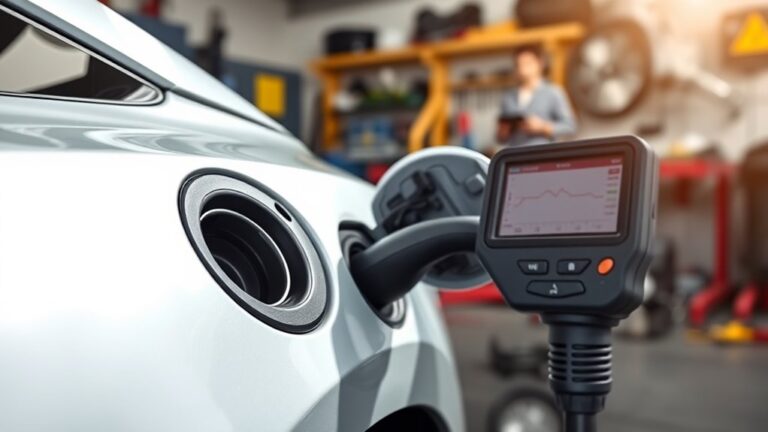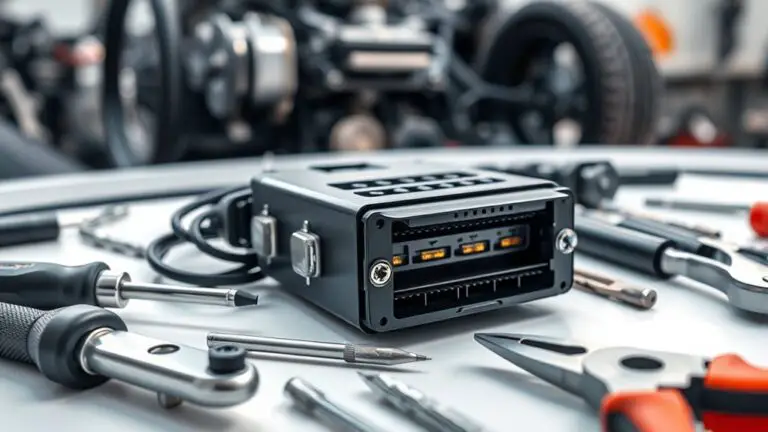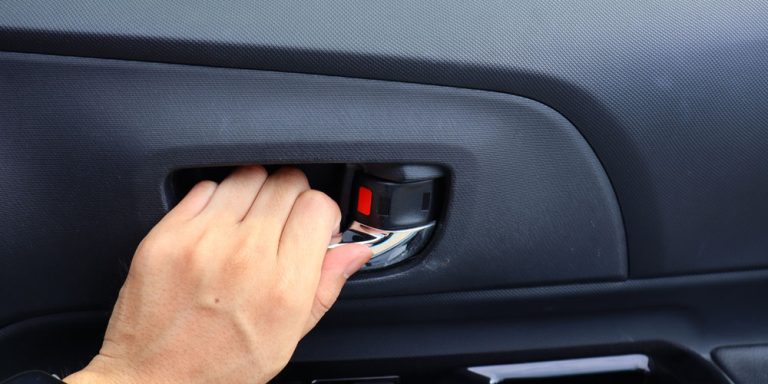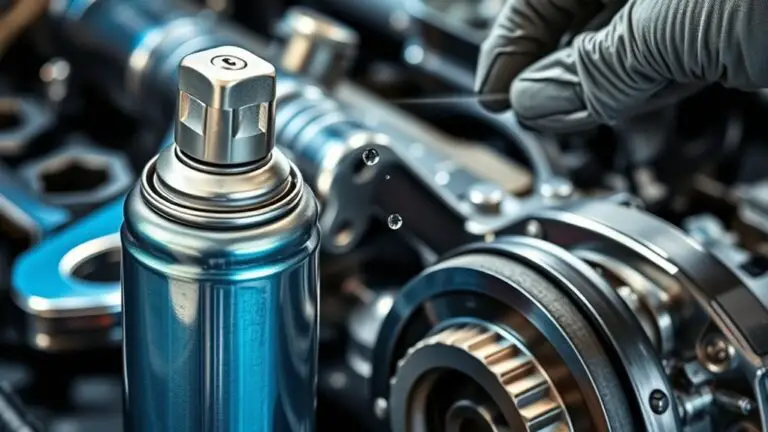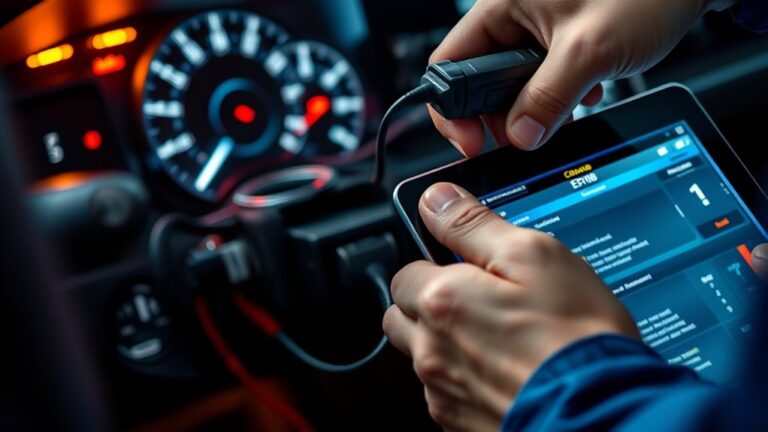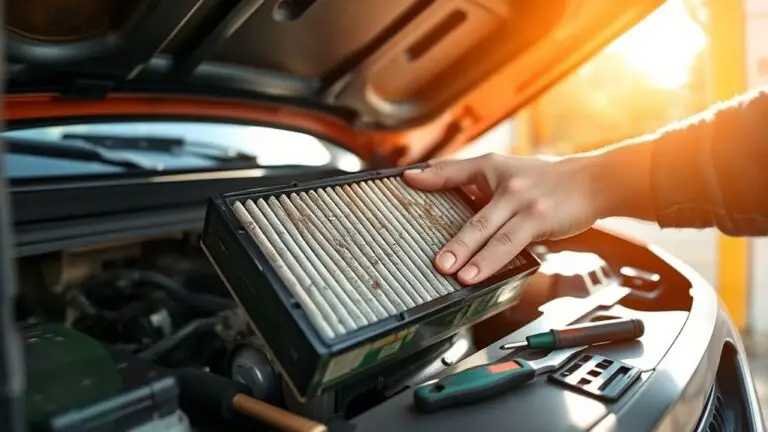Can I Wash My Car With Just Water? (Tips And Advice)
Regularly washing your car is an essential part of maintaining its appearance and prolonging its lifespan. While using soap and other cleaning products can be effective, some car owners may wonder if it’s possible to wash their car with just water.
In this article, we’ll explore whether washing your car with just water is a viable option and what factors to consider before opting for a water-only approach. We’ll also discuss the potential benefits and drawbacks of washing your car with just water and provide some tips on how to do it effectively.
Short Ans:
Yes, it is possible to wash a car with just water. However, it may not be as effective as using soap or other cleaning products. Washing a car with only water may remove loose dirt and debris, but it may not be able to remove tougher stains or grime.
When Should I Wash My Car With Just Water?
Washing your car with just water can be an effective option in certain situations. Here are some scenarios where washing your car with just water might be appropriate:
If your car has light dirt or dust buildup, washing it with just water can be sufficient to remove the dirt.
If you’ve recently waxed your car and want to remove any residual wax or polish, washing with just water can help to remove these substances.
If you’re looking for a quick and easy way to rinse off your car after a light rain or sprinkle, washing with water only can be a good option.
When Do I Have To Wash My Car With Just Water?
There’s no hard and fast rule for when you have to wash your car with just water. Generally, washing a car with only water is not recommended as it may not be as effective at removing dirt and grime as specialized cleaning products. However, there are situations where washing with water only might be necessary, such as when you don’t have access to soap or other cleaning products.
If you find yourself in a situation where you have to wash your car with just water, it’s important to take some additional steps to ensure that your car is properly cleaned and protected. This may include using a high-pressure nozzle to help remove dirt and grime, or using a soft microfiber towel to gently wipe down the car’s surface.
It’s also important to keep in mind that washing your car with only water may not provide the same level of protection for the car’s paint and finish as using specialized cleaning products. Therefore, it’s important to regularly maintain your car’s appearance and protect it from the elements with the appropriate cleaning and detailing products.
What Are The Drawbacks Of Washing Your Car With Just Water?
While it is possible to wash a car with just water, there are some drawbacks to this approach. Here are some of the most significant disadvantages of washing your car with only water:
- Less effective at removing dirt and grime: While water can help remove loose dirt and debris, it may not be as effective at removing tougher stains or grime that has built up on the car’s surface.
- Can cause water spots: If you don’t dry your car immediately after washing with water, it can cause water spots to form on the car’s surface.
- May not provide adequate protection: Using just water may not provide the same level of protection for your car’s paint and finish as using specialized cleaning products. These products are designed to not only clean but also protect your car from environmental elements that can damage the paint over time.
- Can promote the growth of bacteria and mold: Water alone may not be able to remove harmful bacteria and mold that can grow on your car’s surface over time, which can cause unpleasant odors and potentially harm your health.
What Should I Wash My Car With?
There are a variety of products that you can use to wash your car, depending on your preferences and the specific needs of your vehicle. Here are some of the most common types of car cleaning products:
- Car-specific soap or shampoo: These products are designed specifically for use on cars and can help to remove dirt and grime while also protecting your car’s paint and finish.
- Waterless wash and wax products: These products are designed to be used without water and can be a convenient option for washing your car when you don’t have access to a hose or water source.
- All-purpose cleaners: These products are designed to be used on a variety of surfaces, including cars. They can be a good option for removing tough stains and grime but may not be as gentle on your car’s paint as car-specific cleaning products.
- Detailing sprays: These products are designed to be used after washing your car to help enhance the shine and protect your car’s paint and finish.
Alternatives To Car Shampoo
If you don’t have car shampoo available or prefer not to use it, there are a few alternative cleaning solutions you can use to wash your car. Here are some options:
- Dish soap: While not designed specifically for cars, dish soap can be an effective alternative to car shampoo. Just be sure to dilute the soap and use a gentle sponge or wash mitt to avoid scratching your car’s paint.
- Baking soda and vinegar: A mixture of baking soda and vinegar can be a natural alternative to harsher cleaning solutions. Mix 1/4 cup baking soda with 1 cup vinegar and 1 gallon of water to create a cleaning solution that can help remove dirt and grime from your car’s surface.
- Baby shampoo: If you’re looking for a gentle cleaning solution, baby shampoo can be a good option. It’s designed to be gentle on skin, so it should be gentle on your car’s paint as well.
- All-purpose cleaner: As mentioned earlier, all-purpose cleaners can be used on a variety of surfaces, including cars. Just be sure to choose a cleaner that is safe for use on your car’s specific make and model.
Car Wash Soap Alternatives I Should Avoid
While there are a few alternative cleaning solutions that you can use to wash your car if you don’t have car shampoo available, there are also some alternatives that you should avoid. Here are some cleaning products that you should not use on your car:
- Laundry detergent: Laundry detergent can be too harsh for your car’s paint and can strip away protective coatings, causing damage to the paint and finish.
- Hand soap or body wash: These products are not designed for use on cars and can be too harsh for your car’s paint. They can also leave behind residue that is difficult to remove.
- Bleach: Bleach is a strong chemical that can cause damage to your car’s paint and finish. It can also cause discoloration and stains.
- Glass cleaner: While glass cleaner can be effective at cleaning windows and mirrors, it is not designed for use on car paint and can cause damage.
How Often Should I Wash My Car With Water?
How often you should wash your car with just water will depend on your driving habits and the conditions in which you drive. If you live in an area with a lot of dust, dirt, or pollen, you may need to wash your car more frequently. Similarly, if you frequently drive on dirt or gravel roads, you may need to wash your car more often.
As a general rule of thumb, it’s a good idea to wash your car with just water at least once a month. This will help remove any surface dirt and grime that has accumulated on your car’s paint.
However, if your car is visibly dirty or if you’ve recently driven in harsh conditions, it’s a good idea to wash it with a mild soap and water instead of just water to ensure that you’re removing all of the dirt and grime. Additionally, if you live in an area with harsh winters or salty roads, it’s important to wash your car more frequently to prevent damage from road salt and other chemicals.
Tips To Follow When Washing Your Car With Just Water
- Rinse your car thoroughly before washing to remove any loose dirt and debris.
- Use a soft, clean microfiber towel or mitt to wash your car. Do not use a rough or abrasive cloth as it can scratch your car’s paint.
- Use plenty of water to rinse your car during and after washing to ensure that all dirt and soap residue is removed.
- Wash your car in the shade to avoid water spots and to prevent the sun from drying the water too quickly.
- Use a separate bucket for rinsing your towel or mitt between washes to avoid contamination.
- Dry your car thoroughly with a soft, clean microfiber towel to prevent water spots.
- Avoid using high-pressure water or a power washer as it can damage your car’s paint.

